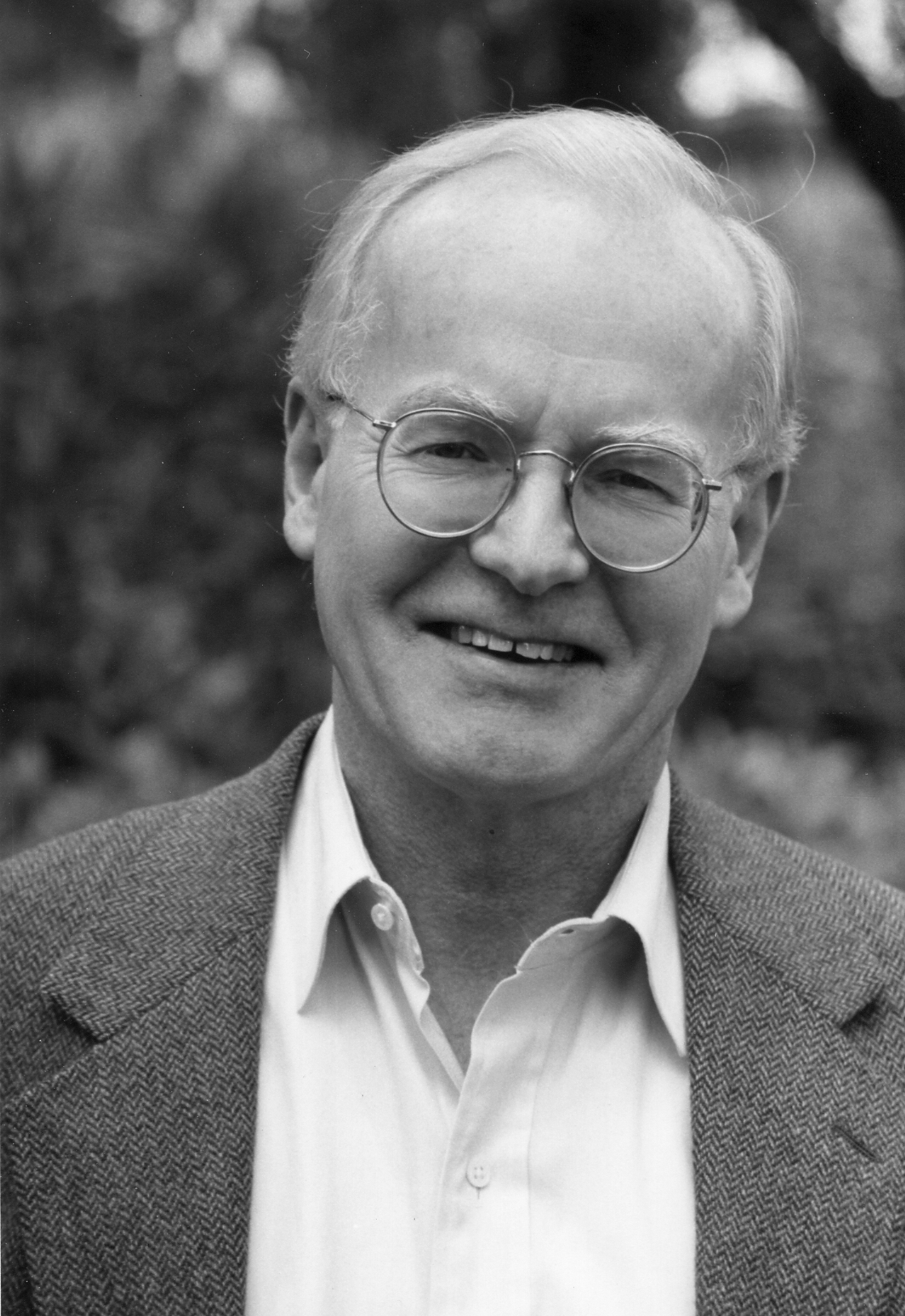
AnthonyFlood.com
Panentheism. Revisionism. Anarchocapitalism.

[link to CV]
Matter, Consciousness, and the Fallacy of Misplaced Concreteness
David Ray Griffin
II. Overcoming Misplaced Concreteness with Regard to Both Matter and Mind
A. The Status of Human Experience in Nature
The first dimension of Whitehead’s argument is that we know our own experience, which we normally refer to as our “mind,” as a fully natural actuality. Accordingly, what we know about it from within can be generalized to other actualities, which we know only from without.
Regarding the idea of the mind as fully natural: As we saw earlier, Whitehead accepts what he calls the “plausible interpretation” of human experience, according to which it is “one of the natural activities involved in the functioning of . . . a high-grade organism” (AI, 225). He even refers to it as the “total bodily event” (SMW, 73). By this he means not that it is simply the numerical sum of the bodily happenings but that it is the experiential unification of those happenings: “It has its own unity as an event” and exists as “an entity for its own sake” (SMW, 148). This fact, however, does not make it different in kind from other things: Whitehead takes it to be, except for its unusual complexity, “on the same level as all other events” (SMW, 73). He bases this conclusion not only on general philosophical and scientific considerations, such as the evolutionary origin of humans, but also on direct experience: “We seem to be ourselves elements of this world in the same sense as are the other things which we perceive” (SMW, 89).
Included in that statement is the notion that we are not only natural but also actual. To be an actual entity is to be able both to receive and to exert causation, and we directly experience both sides of the causal relation. On the one hand, a large portion of our experience is of the overwhelming degree to which our experiences, such as our pains, pleasures, and sensory perceptions, are caused by our bodies. On the other hand, as discussed in chapter 5 and more fully in chapter 9, we are also directly conscious of, and constantly presuppose, the efficacy of our experience for our bodily actions.
Taking, then, my own experience to be simply one of the many actualities in nature, a unique feature of it is that it is the one that I know from the inside, by identity. Referring to our experience, which unifies various bodily activities into a totality, Whitehead says that its knowledge is simply “the reflective experience of a totality, reporting for itself what it is in itself as one unit occurrence” (SMW, 148). Because I perceive myself in this unique way, I may tend to think of myself as different in kind from the other things I perceive, but this conclusion need not follow: “The private psychological field is merely the event considered from its own standpoint” (SMW, 150). Whitehead here expresses the point made by Kant in the passage discussed by McGinn.
On the assumption that my own experience is one natural actuality among others, no different in kind from others, my self-knowledge gives me an inside viewpoint on the nature of nature. I can then generalize what I thereby know about the nature of natural units to other such units (SMW, 73), taking due account, of course, of the fact that most of them (all except other human experiences, as far as we know) are evidently less complex.
This first dimension of Whitehead’s argument will be met by two immediate objections. In the first place, our experience is constituted by consciousness and sensory perception. How can one possibly generalize our experience to amoebas, let alone to electrons? In the second place, even if the most primitive dimensions of human experience could be understood so as to make this suggestion not seem completely absurd, what empirical foothold do we have for making such a generalization? That is, what is there about our experience of physical things that could provide the slightest excuse for attributing even the lowliest type of experience to them? These are formidable questions. The remaining five points will be devoted to Whitehead’s answers to them.
Posted August 31, 2007
Next
B. The Status of Consciousness in Human Experience
Abbreviations of Works Cited
· AI Alfred North Whitehead, Adventures of Ideas
· SMW Alfred North Whitehead, Science and the Modern World
· MBS John R. Searle, Minds, Brains and Science: The 1984 Reith Lectures
· MR Galen Strawson, Mental Reality
· MT Alfred North Whitehead, Modes of Thought
· PCH Lewis Edwin Hahn, ed., The Philosophy of Charles Hartshorne: Library of Living Philosophers XX
· PR Alfred North Whitehead, Process and Reality: An Essay in Cosmology
· VN Thomas Nagel, The View from Nowhere